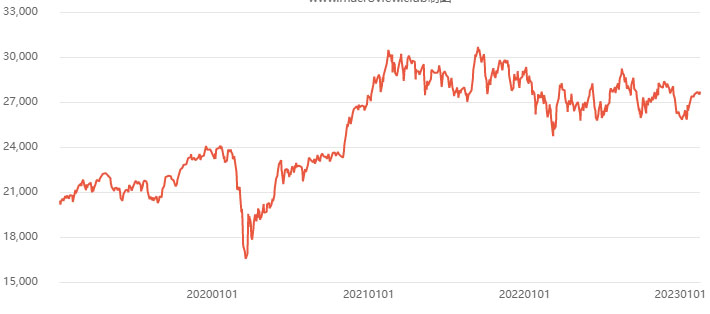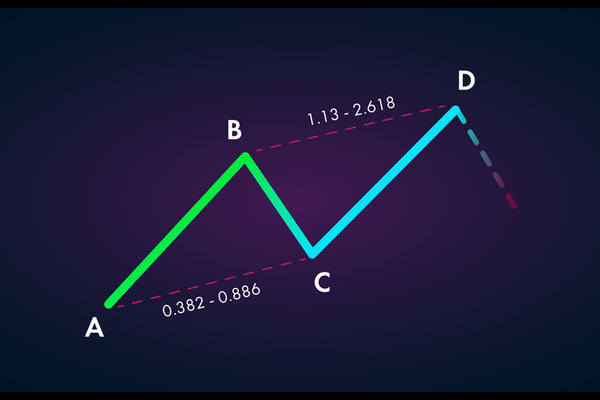Nikkei 225 Index
2023-06-05
 Summary:
Summary:
Explore the Nikkei 225 Index, Japan's premier stock market index, its historical trends, key points, and top constituent stocks including Sony, Canon, Nissan, and Honda.
The Nikkei 225 Index, also known simply as the Nikkei Index, is the leading and most respected index in the Japanese stock market. This price-weighted index consists of 225 top Japanese blue-chip companies trading on the Tokyo Stock Exchange (TSE). The Nikkei Index is often compared to the Dow Jones Industrial Average (DJIA) in the United States, as both serve as benchmarks for their respective stock markets.

Historical Trends of the Nikkei 225 Index
The Nikkei 225 Index has a rich history dating back to its inception on September 7, 1950. Over the decades, the index has experienced significant growth, reflecting the economic expansion of Japan. The 1980s saw an extraordinary rise during Japan's bubble economy, peaking at an all-time high of 38,957.44 points on December 29, 1989. However, the subsequent bursting of the bubble led to a prolonged period of stagnation and deflation, with the index experiencing significant fluctuations. In recent years, the Nikkei has regained strength, driven by Japan's economic policies and global market trends.
Key Points about the Nikkei 225 Index
Main Stock Index in Japan: The Nikkei Index is the primary stock index in Japan, representing the country's 225 largest blue-chip stocks.
Price-Weighted Index: As a price-weighted index, the Nikkei 225 is calculated as the average of the stock prices of all listed companies, rather than being weighted by market capitalization.
Notable Constituents: Some of the most well-known companies listed on the Nikkei Index include Sony Corporation, Canon Corporation, Nissan Motor Company, and Honda Motor Company.
Comparison with TOPIX: Another prominent Japanese stock index is the Tokyo Price Index (TOPIX), which is a market value-weighted index that includes all stocks listed on the Tokyo Stock Exchange.
Top 10 Constituent Stocks
Fast Retailing Co., Ltd.: Known for its popular clothing brand, Uniqlo.
SoftBank Group Corp.: A multinational conglomerate with significant investments in technology and telecommunications.
Tokyo Electron Ltd.: A major producer of semiconductor production equipment.
Fanuc Corporation: Specializes in robotics and automation technology.
KDDI Corporation: A leading telecommunications company in Japan.
Daikin Industries Ltd.: Known for its air conditioning and refrigeration products.
Advantest Corporation: A global supplier of semiconductor test equipment.
Shin-Etsu Chemical Co., Ltd.: The largest chemical company in Japan, producing a wide range of products including silicon wafers.
M3, Inc.: Provides medical information services.
Terumo Corporation: A leading manufacturer of medical devices and supplies.
Importance and Influence
The Nikkei 225 Index serves as a barometer of Japan's economic health and is closely watched by investors worldwide. It influences investment decisions, economic policies, and market sentiment. As Japan continues to play a vital role in the global economy, the performance of the Nikkei 225 remains a crucial indicator for market analysts and investors.
The Nikkei 225 Index is more than just a measure of stock prices; it reflects the broader economic trends and industrial performance of Japan. Understanding its components, historical trends, and significance can provide valuable insights for investors looking to navigate the Japanese and global markets.







